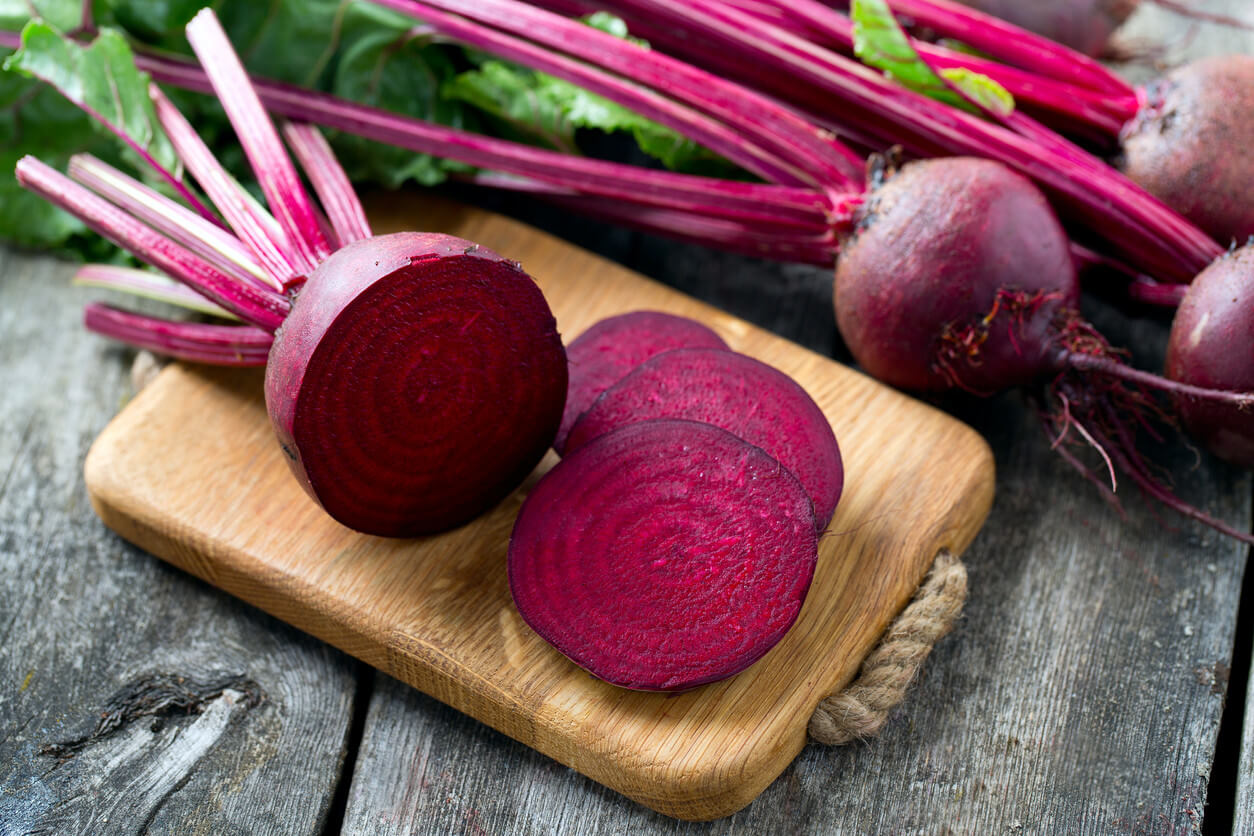Deciding to make a significant change in your life to facilitate a healthier, happier you can be difficult, but we're so proud of you for taking that first step. While eating the best foods for your health is essential, you also know that increasing any activity, if possible, is also fantastic. Whether you've decided to walk, use a treadmill, a recumbent bike, weightlift, go to the gym or sign up for a class—moving your body is as essential as feeding it pure, nutrient-rich foods.
But if you haven't had the chance to do a lot of exercise for a while, it can be easy for us to forget not to overdo it too. Along with eating better and working out, rest and recovery are on the same level of importance. Recovery allows for improvements in your body, lets your body heal, and decreases the risk of injury.
Factors that help influence your body's recovery include sleep quality, stress, hydration, type of training, warm-up pre-workout and cool down, and most importantly—nutrition. The food you eat can highly contribute to rebuilding muscle and easing recovery for better performance and endurance the next time you work out. In today's article, we're happy to explore with you the best raw foods for muscle recovery and why recovery should be as crucial as the exercise itself.
Why Muscle Recovery Matters
We know that working out is good for us in the long run. But we often forget that exercise stresses the body. Specifically, it is a type of stress called eustress, a beneficial kind that can be distressing at the moment but provides longer-lasting, physical, or psychological benefits. When you do high-intensity aerobic exercise like running, sprinting, or resistance training, these create minor traumas or microtears in your soft tissue, aka your muscles. This not only leads to soreness and pain, but the damage may also be inhibiting your muscles' ability to replenish their stores of glycogen. Glycogen is the primary fuel your muscles use for energy. High-intensity exercise also causes the accumulation of metabolic byproducts, like lactic acid, within the cells. If lactic acid pools in your muscle, you may feel some delayed onset of muscle soreness at the bare minimum. Still, the lactic acid build-up has also been studied in 2011 and shown to be linked to impairment of the electrical stimulus needed for muscle contraction in addition to the body's ability to regenerate ATP. This molecule is vital to fuel repeated muscle contraction.(1) While this may not sound concerning, it is when you factor in muscle recovery after training, physical activity, or even therapy. It is only when you create the right circumstances for muscles to recover and heal that they can adapt to handle the stress of working out better for the next time. Rest and recovery are essential to improvement! So, here's how you can help by eating the best raw foods for recovery!Recovery Raw Foods
Tart Cherry Juice
A glass of freshly made, non-GMO, raw, tart cherry juice might help both experiences exercise goers and beginners alike. Some studies show that drinking tart cherry juice and tart cherry juice extract might facilitate muscle recovery and help mitigate some of the DOMS (delayed-onset-muscle soreness) after a workout. As well as DOMS, when we exercise, we increase oxidative stress, cellular damage, and inflammation. Cherry juice is antioxidant-rich and may reduce these side effects.(2) A review conducted in 2021 that considered 25 studies, 15 of which focused on tart cherry juice, found that drinking tart cherry juice accelerated muscle recovery, reduced DOMS, and lowered markers of inflammation after exercise.(3) So, to take the best advantage tart cherry juice can give you, start drinking or supplementing several days before you begin to work out and continue for days after.Beets and Beet Juice
Beets are loaded with dietary nitrates and pigments called betalains. These nutritional nitrates have been studied scientifically and have been shown to reduce resting blood pressure significantly, may act as a valuable intervention in preventing hypertension(4), and a reduction in the steady-state amplitude of muscle degradation (fight against muscle atrophy or muscle wasting.)(5) And of course, beet supplements or beet juice is an excellent source of folate, potassium, vitamin C, fiber, and antioxidants. However, eating cooked beets won't give you the same quantity of nitrates as cooking hampers some of them. So, make sure you get your nitrates from fresh, raw beets or a reputable supplement.Cruciferous Vegetables
Cruciferous vegetables are diverse groups that include kale, arugula, Brussels sprouts, broccoli, cauliflower, cabbage, Bok choy, collards, watercress, and radishes, for example. These vegetables contain potent plant compounds that could help fuel muscle growth, as discovered by the molecular scientists at the University of Bonn back in 2012.(6) In their test-tube study, published in Epigenetics, the Italian team who tapped into sulforaphane (SFN) –an isothiocyanate, a sulfur-containing organic compound found in cruciferous vegetables—discovered their incredible muscle-building potential. They took cells from pig muscles (which are very similar to human muscles) and exposed them to SFN. When exposed to SFN, it deactivated myostatin production. Myostatin is a type of protein that interferes with muscle growth and gain. Another study, conducted in 2021 with a small group of 10 men, shows that sulforaphane may also significantly prevent muscle damage in athletes training daily with high-intensity exercise.(7) Although more research is needed, this is promising for non-athletes and beginners alike!What other raw foods may help in Muscle Recovery?
- Blueberries and raspberries. While all berries have antioxidants that help your muscles repair themselves, blueberries and raspberries contain the highest amount.
- Chia seeds. Packed with protein and having all nine essential amino acids and iron, calcium, and magnesium, these have many nutrients made for muscle recovery.
- Watermelon. Not only a refreshing fruit made of mostly water (about 92%), but it also contains vitamin C, vitamin A, potassium, and magnesium.
Sources:
- https://pubmed.ncbi.nlm.nih.gov/22012699/
- https://www.ncbi.nlm.nih.gov/pmc/articles/PMC6323061/
- https://www.ncbi.nlm.nih.gov/pmc/articles/PMC7996379/
- https://journals.physiology.org/doi/full/10.1152/ajpregu.00406.2012
- https://journals.physiology.org/doi/full/10.1152/japplphysiol.00046.2010
- https://www.tandfonline.com/doi/full/10.4161/epi.22609
- https://www.researchgate.net/publication/350713144_Oral_chronic_sulforaphane_effects_on_heavy_resistance_exercise_Implications_on_inflammatory_and_muscle_damage_parameters_in_young_practitioners






